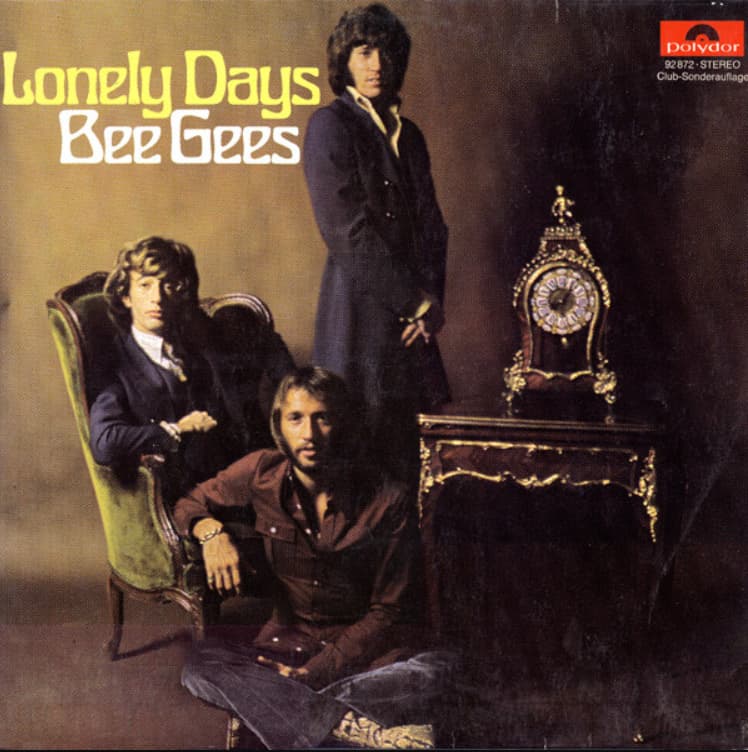
About the Song
Bee Gees and their poignant ballad, “Lonely Days”. Released in 1970, this song marked a turning point for the brothers Gibb. Emerging from a period of experimentation and psychedelic pop, “Lonely Days” ushered in a new era for the Bee Gees, one defined by heartfelt vocals, introspective lyrics, and a sophisticated orchestral sound.
Prior to “Lonely Days,” the Bee Gees were known for their upbeat pop tunes and tight harmonies. Tracks like “To Love Somebody” and “Massachusetts” had established them as chart-topping stars, but “Lonely Days” showcased a newfound maturity. The song’s melancholic melody, courtesy of Barry and Robin Gibb, hinted at a vulnerability not often explored in their earlier work.
---> Scroll down for the VIDEO
The lyrics paint a vivid picture of isolation and longing. Lines like “Sitting here alone again / Counting raindrops on my window pane” evoke a sense of quiet desperation, a yearning for connection amidst the emptiness.
Yet, beneath the surface of sadness lies a glimmer of hope. The pleading vocals, particularly in the chorus where the brothers sing “Oh, won’t you fill these lonely days,” suggest a belief that companionship can still be found.
---> Scroll down for the VIDEO
Musically, “Lonely Days” is a masterclass in emotional storytelling. The arrangement, a beautiful blend of sweeping strings and melancholic piano chords, perfectly complements the lyrics. The Bee Gees’ signature harmonies, a cornerstone of their sound, are utilized with remarkable restraint, adding depth and texture without overwhelming the song’s emotional core.
The impact of “Lonely Days” cannot be overstated. It became the Bee Gees’ first Top Five hit in the US, reaching number three on the Billboard Hot 100. This critical and commercial success marked a shift in the band’s trajectory, paving the way for their later disco-fueled dominance.
More importantly, “Lonely Days” established them as artists capable of far more than catchy pop tunes. It was a song that showcased their emotional depth, their ability to connect with listeners on a deeper level.
So, when you listen to “Lonely Days,” take a moment to appreciate its artistry. It’s a song that transcends genre, a timeless ballad that speaks to the universal human experience of loneliness and the enduring hope for connection.